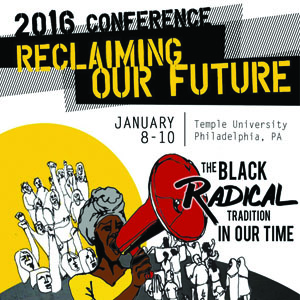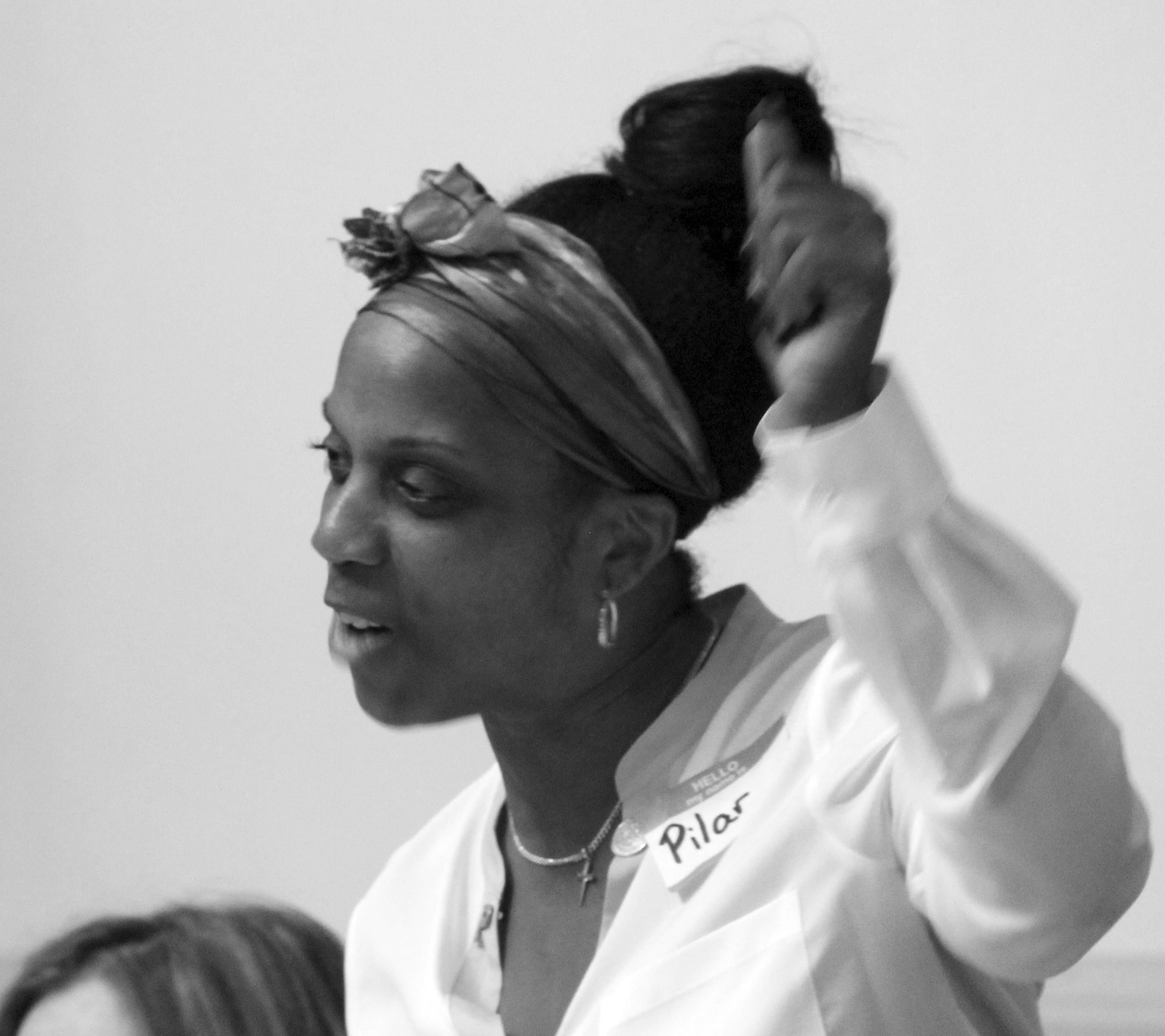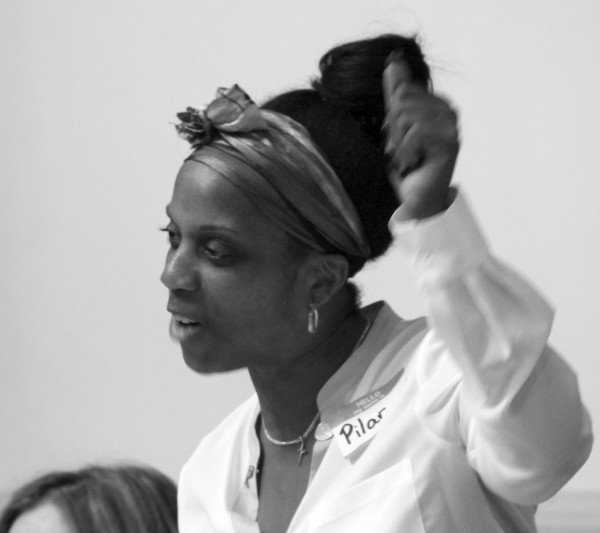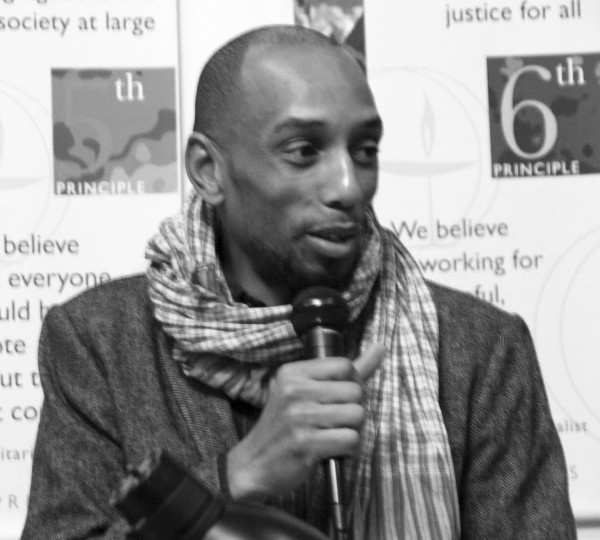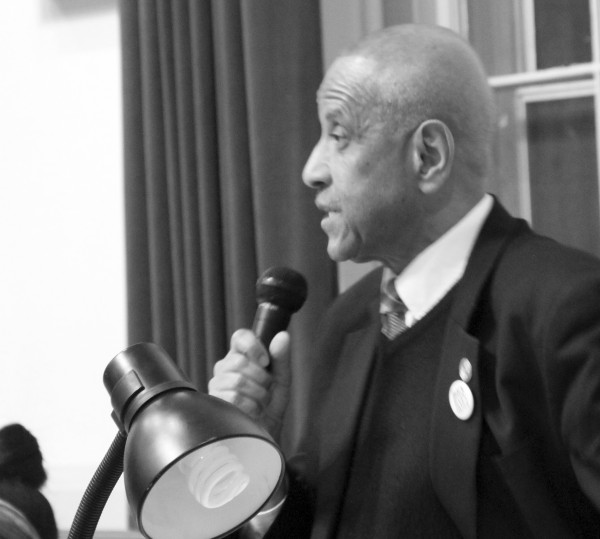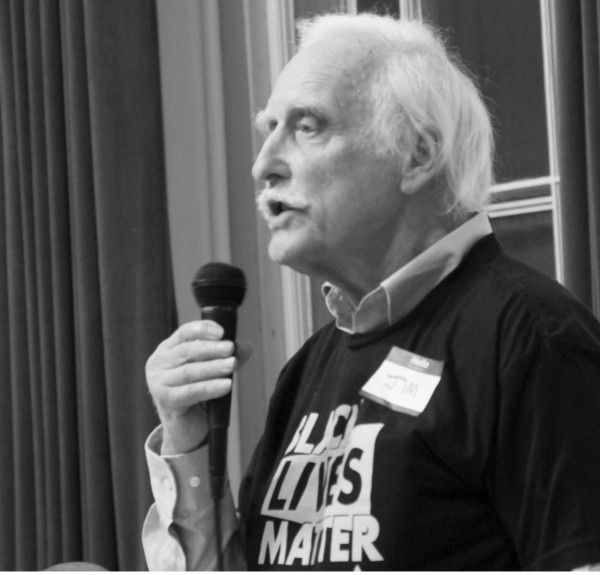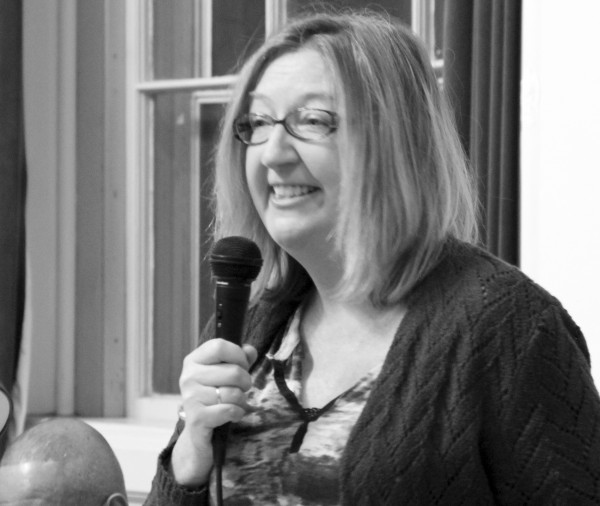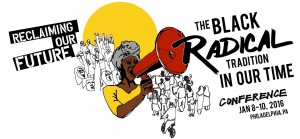
When Governor Gina Raimondo attends the World Economic Forum (WEF) in Davos, Switzerland for four days this week, she’ll be one of many political leaders having private, off-the-record meetings “with high-ranking representatives of the world’s leading corporations.” Putting aside that many of the corporations that fund WEF and set the forum’s agendas “have criminal records, are under investigation for potential criminal activity (e.g., bribery), are mired in significant legal/ethical issues, or have blatant conflicts of interest,” there is the question of what, if anything, actually gets done there.
WEF attendees talk a lot about the problems of the world, such as Climate Change and Economic Inequality, (This year they plan to talk about “Mastering the Fourth Industrial Revolution” for instance) but the tools participants have at their disposal to deal with these problems, economic and political power, are not the tools that will effect real solutions.
“The governor’s top priority is creating jobs and turning around our economy so everyone has the opportunity to make it in Rhode Island,” said Raimondo spokesperson Marie Aberger, “An important part of her job is selling Rhode Island to attract new businesses and opportunities to our state.”
Sure, some billionaire may move a few jobs towards Rhode Island if Raimondo can catch the right ear, but this does nothing to address the systemic issues mentioned above.
Failed tax policies and wasteful investments in fossil fuel infrastructure can be dealt with through smart policy adjustments without having to travel to Davos. In a recent Brookings Institute report on inequality where Providence fared especially poorly, the authors suggested that, “Housing is an area where local officials—mayors, city councilors, county executives and commissioners—have somewhat greater scope to address needs, at least by influencing the supply side of the market.” This is something Raimondo could help begin to address from her State House office, no trip to Switzerland required.
But there is another reasons to make the pilgrimage to Davos.
WEF has been criticized for being populated with corporate “transnationalists” who “have little need for national loyalty, view national boundaries as obstacles that thankfully are vanishing, and see national governments as residues from the past whose only useful function is to facilitate the elite’s global operations.”
A journey to Davos, then, could be wasted on a gamble to court the favor of the criminal corporate elite and to beg financial indulgences from the masters of the universe, or the journey could be one of neoliberal salvation, a chance to transcend petty human concerns and perhaps join the ranks of the those who live far above the law and make decisions not based on compassion or human rights but on the basis of profit and power.
This is the apotheosis…
…transcendence though capitalism.
This is the true promise of Davos.


